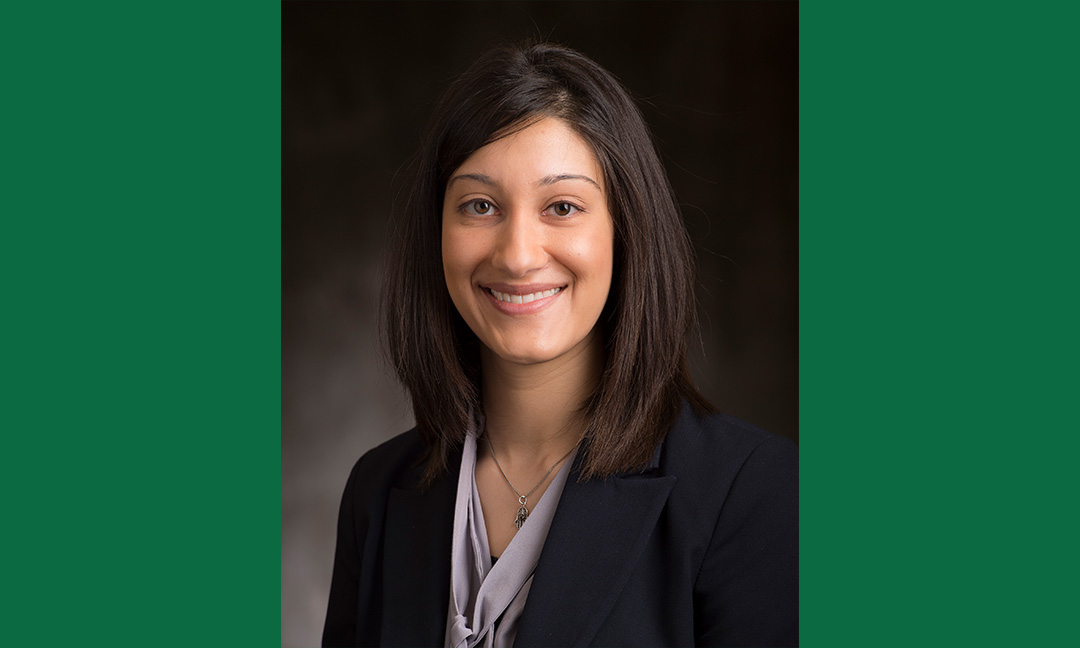
Getting to Know: Dr. Sabira Valiani
A Q-and-A with Dr. Sabira Valiani (MD), a Saskatoon-based faculty member in the Department of Medicine’s Division of General Internal Medicine.
Could you provide a short description of your background?
I completed my undergraduate studies at the University of Alberta (2011), followed by my residency in Internal Medicine and fellowship in Critical Care Medicine at the University of Ottawa (2016). I developed a special interest in palliative care and end-of-life decision making, which prompted me to pursue further clinical courses in palliative care as well as a Master of Science in Bioethics at Columbia University (2022).
What is your area of research?
My area of research was informed by my clinical practice in the intensive care unit (ICU), and particularly, by seeing the difficult journey that many patients and their loved ones go through in the ICU. I am interested in defining best practices in patient and family-centered care in the ICU and translating these practices into clinical care. This work necessarily involves consideration of, and creation of safe spaces for, diverse identities and intersectional identities of the population(s) which ICU serves. Therefore, my work includes a focus on equity, diversity, decolonization, and inclusion (EDDI).
Could you tell us about your ‘big moments of research’?
The biggest moment for me was, after we had completed our first project in the ICU with a patient family partner, that patient family partner said to me: “that was great, but there’s more work to be done.” I’ve been lucky to continue working with this patient family partner ever since, and have further “big moments,” most of which involve engagement of non-conventional research partners who enhance the direction or scope of the project in ways that continue to surprise and inspire me.
Do you have any messages for early-career clinicians on how to get involved in research? Or any messages for junior researchers?
Research is not possible without collaboration. I’ve been fortunate to watch many mentors actively seek feedback from colleagues about ideas to refine research questions and add depth and dimension to their work. The other piece of advice that I’ve received, and find very useful, is to build a strong, diverse team such that you each rely on one another for different areas of expertise.
What are your future aspirations for research?
My hope is that, by doing research that is collaborative, engaging, and patient-centered, we can transform Saskatchewan ICUs to be centres of excellence in patient and family-centered care.
